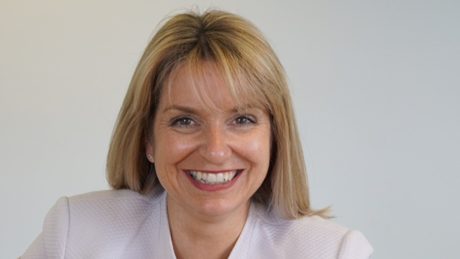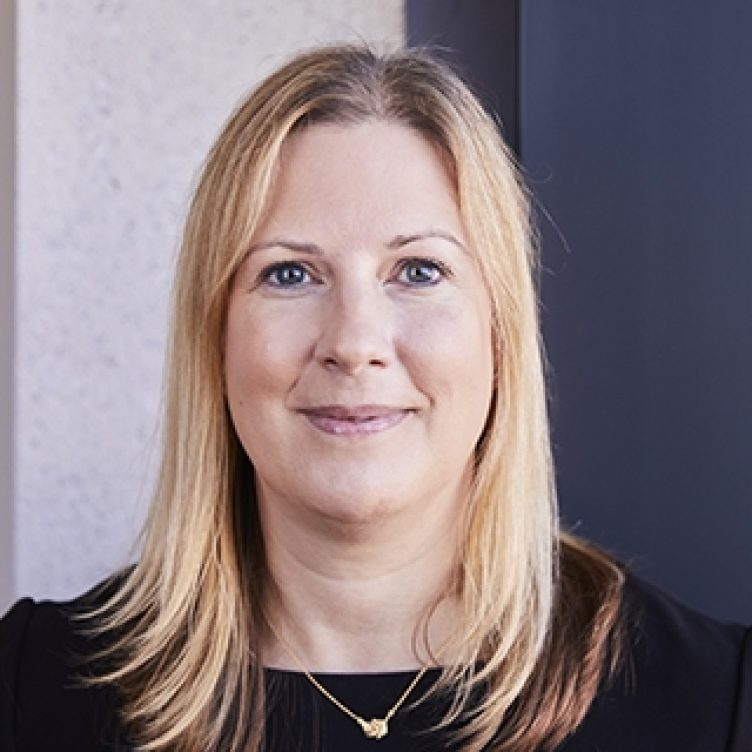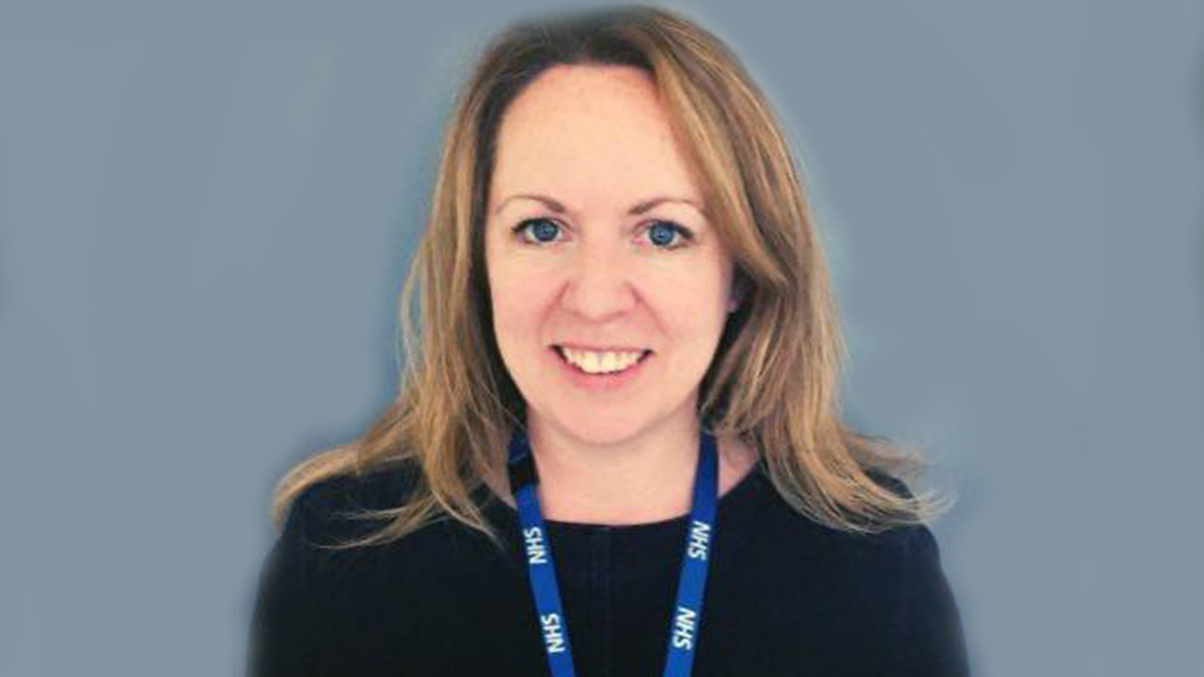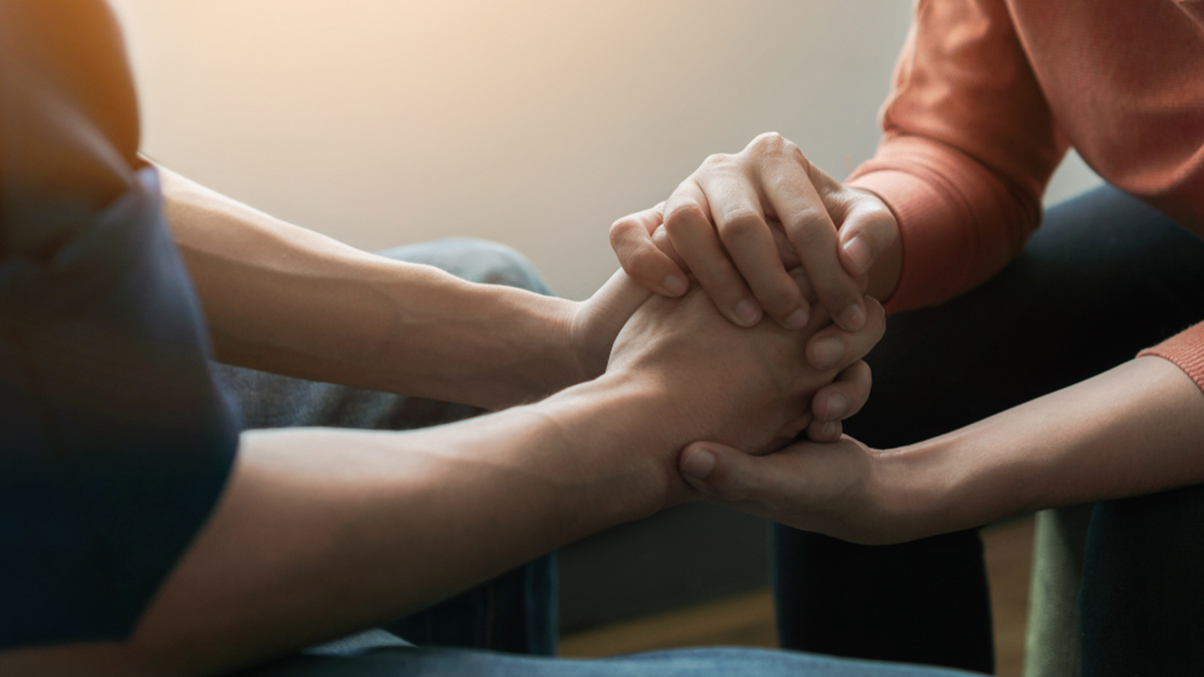Nichola Fosler, a partner in our Personal Injury team, talks with the Founder and Director of KMA Occupational Therapy Kate Meads about the role of an occupational therapist and asks some questions about vocational rehabilitation.
About Kate Meads
Since qualifying as an occupational therapist in 1992, Kate has established a proven track record both nationally and internationally for providing exemplary levels of service to a broad range of clients and organisations within the academic, corporate and public sectors.
Kate relocated to New Zealand in 1996, where she worked in a variety of clinical and educational settings and was a senior lecturer at Auckland University of Technology.
Since her return to the UK in 2004, Kate has worked extensively with insurance companies and law firms, using case management principles to facilitate successful Return To Work Programmes for people presenting with catastrophic personal injuries, mental health issues and diagnoses, neurological conditions, musculoskeletal disorders and chronic pain. She is an expert in the assessment, analysis and treatment of occupational function and performance.
Kate set up her own private occupational therapy consultancy, KMA Occupational Therapy, in 2012, and this has steadily grown into a nationwide practice. With its expertise in vocational rehabilitation, the KMA’s team prides itself on its professionalism, high client success rates and ability to work with everyone, regardless of diagnoses.
Can you explain what your role entails?
As vocational occupational therapists, we are registered with the Health Care professions Council (HCPC) and are dual trained in mental and physical health. This means we work with the individual as a whole human system.
Our area of expertise is assisting people who have experienced complex personal injury to return to meaningful vocational roles and occupations. Our job is to understand each person, the physical and mental ill health implications of their injury, the barriers to their recovery and how we can assist them overcome these to achieve their vocational goals. This might not always be helping a person get back to their previous job. It could be helping them to look at alternative roles, retraining or re-engaging with other essential roles and occupations, be that parenting, volunteering, or participating in essential hobbies and interests that give them meaning and purpose.
How do you work?
Once a referral has been made, we will liaise with the case manager, solicitor, and/or insurer to understand the client’s specific requirements. We will then undertake a comprehensive individualised assessment aimed at understanding their current functional capacity, goals and aspirations. This can be done virtually or in person. We will then formulate realistic and meaningful recommendations focusing on how we can assist in that person’s ongoing recovery and goal attainment. We enable each person to identify barriers to function through a range of therapeutic interventions, accommodations and adjustments. Once a person is ready to return to work, we will work closely with all stakeholders to formulate a return to work plan that is realistic, achievable and sustainable.
At what point in a case should you be involved?
The key is to get us involved as soon as possible.
As skilled vocational occupational therapists, we can undertake the initial neuro occupational therapy and then transfer through right to the point of client discharge. So, during that process, we would undertake work preparation to look at what is needed to build and develop the client’s skills, capacity, stamina and endurance in all physical, emotional and cognitive aspects of their life. Preparing clients for work really needs to be factored in early. I would say that once an individual has completed any in-patient rehabilitation, it’s vital to get us involved when they are discharged home. This early intervention will guarantee a successful outcome for both client and insurer.
What has the impact been on your business due to Covid-19?
There really has been little impact on our role as a whole. We are an established business and have been practising for a long time. This ‘new virtual world’ necessitated by Covid-19 is not new to KMA. Due to having international clients, we have successfully both assessed and delivered intervention to clients virtually. Our level of engagement and our intervention outcomes are the same as before Covid-19. We have previously assessed clients in South Africa, China, India and New Zealand, just to name a few.
The only thing I would say about Covid-19 is the impact it’s having on the economy and society’s mental health, particularly with redundancies, companies closing and training being predominantly remotely.
In terms of our role, this can potentially make sourcing alternative roles, work opportunities and occupations slightly more challenging. However, at KMA, we are skilled at identifying creative and effective ways of working to ensure that such barriers do not impact on a person’s ongoing recovery, progress and vocation. We identify opportunities that other professionals may not have considered due to the client’s functional limitations. Through role analysis, we identify what adjustments/accommodations are required to facilitate the client successfully undertaking a role they thought was unachievable, in a time of a pandemic.
Please give an example of a case you have been working on.
I was instructed by a case manager and Stewarts to undertake an assessment and intervention programme with a gentleman who had sustained catastrophic injuries. We have the clinical health knowledge and expertise that enables us to accurately assess the functional and subsequently vocational needs of a person. Prior to our involvement, this client had undertaken vocational assessment, the outcome of which was that a multi-drop courier or a security guard were the most suitable job roles for him. On completion of my assessment, it was evident that the client had no interest in either and the job tasks of both would most certainly have exacerbated his symptoms.
To achieve positive outcomes and a sustainable return to productivity/working, it is essential that the vocational rehabilitation process considers an individual’s skills and interests in conjunction with their functional capacity.
From the assessment findings, it was identified that the client required a programme of neuro-occupational therapy, prior to vocational rehabilitation. The purpose of this was to establish a balanced, productive daily routine, and to develop his cognitive and physical stamina and endurance. This involved developing fatigue management strategies and techniques to prevent him from lapsing into his previous boom-bust cycle of function.
On successful completion of the neuro occupational therapy programme, a work preparation plan was developed. This considered his functional capacity in terms of his skills and the hobbies he had been involved in prior to his accident. This client’s passion was cars, particularly stock car racing, a hobby he had thought he would never be able to resume due to his injuries.
It was evident from his assessment that he was extremely despondent and was unable to perceive that his life could ever improve or that he would ever be in a position whereby he had choices and opportunities.
Our focus was to really consider what the client likes to do, goals he would like to achieve and then develop achievable programmes with success in mind.
The client identified that he would like to refurbish a stock car. However, due to his physical disabilities, pain and high level of fatigue, he did not believe this could be possible. The vocational rehabilitation programme was developed around this goal. With collaborative working with the client, a mechanic, the case manager and solicitor, he successfully project managed the build, while developing compensatory strategies and efficient, effective ways of working.
On completion, with nothing to do, the client once again became low in mood and despondent. Having established working patterns, been engaged in meaningful productive activity, he desperately needed a new project; a project that would continue to consolidate the strategies and skills he had developed in stage one of the vocational rehabilitation programme. He identified that he wanted to project manage a stock car from scratch, and have more involvement in aspects of the build. This has been extremely successful. He has been able to achieve his goals, pace himself, and manage his fatigue and pain successfully without exacerbating his symptoms. We have collaborated with Team BRIT, a racing organisation that specialises in and supports racing for people who have sustained injuries or have disabilities.
We are now approaching the final phase of intervention with this client, and he has made huge progress. He has a variety of voluntary opportunities open to him, he has expanded his social network and has re-engaged with friends in the sport he had lost touch with. His mood has vastly improved, but above all, he has hope for the future, something he completely lost after sustaining catastrophic injuries. A client’s injuries, losses and limitations should not define who they are.
For more information, please visit Kate’s website.
Covid-19 is impacting individuals and companies around the world in an unprecedented way. We have collected insights here to help you navigate the key legal issues you may be facing at this time.
You can find further information regarding our expertise, experience and team on our Personal Injury pages.
If you require assistance from our team, please contact us or alternatively request a call back from one of our lawyers by submitting this form.
Subscribe – In order to receive our news straight to your inbox, subscribe here. Our newsletters are sent no more than once a month.






